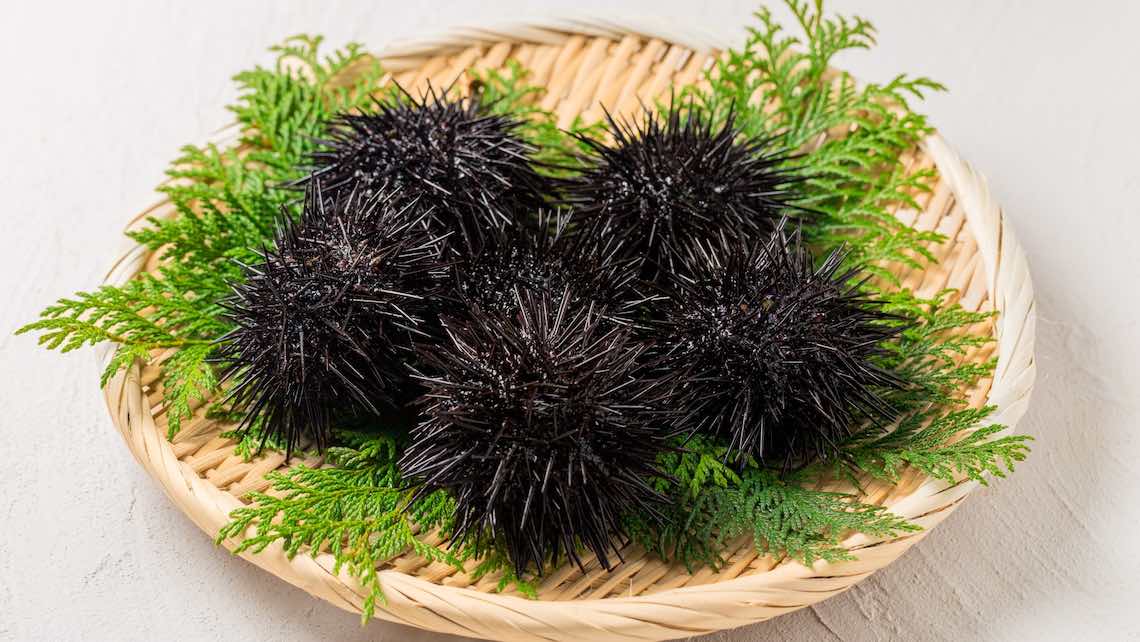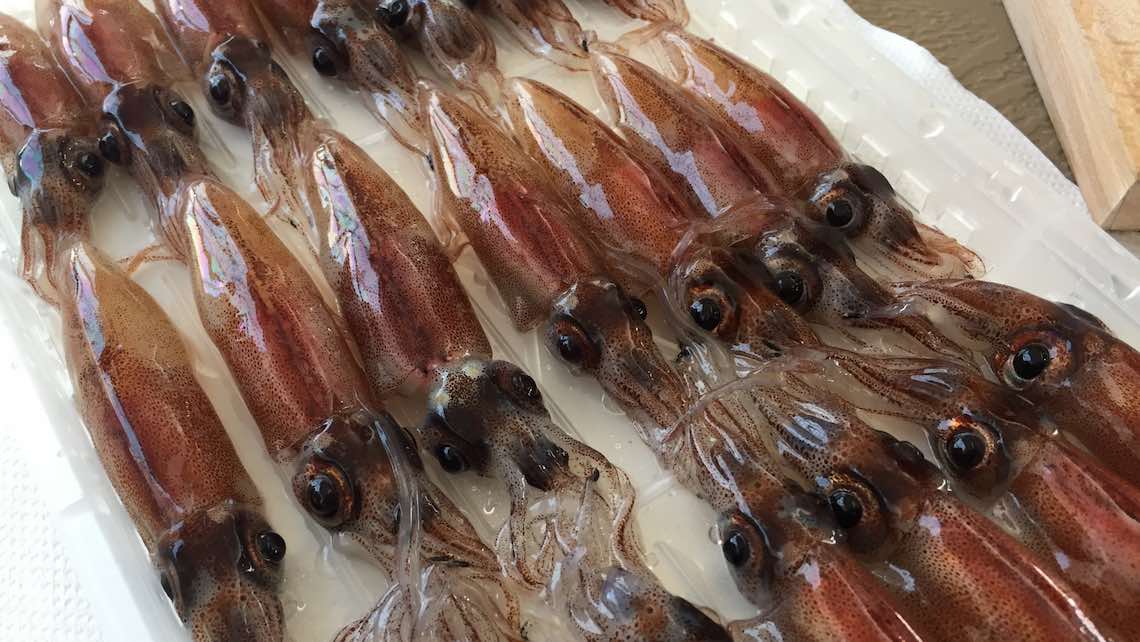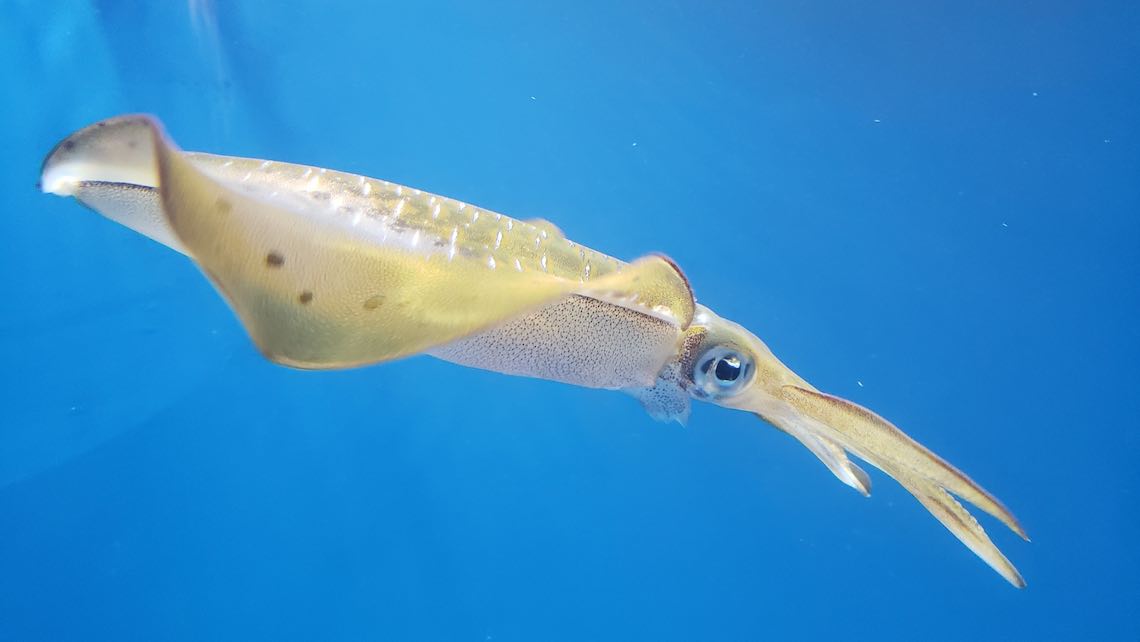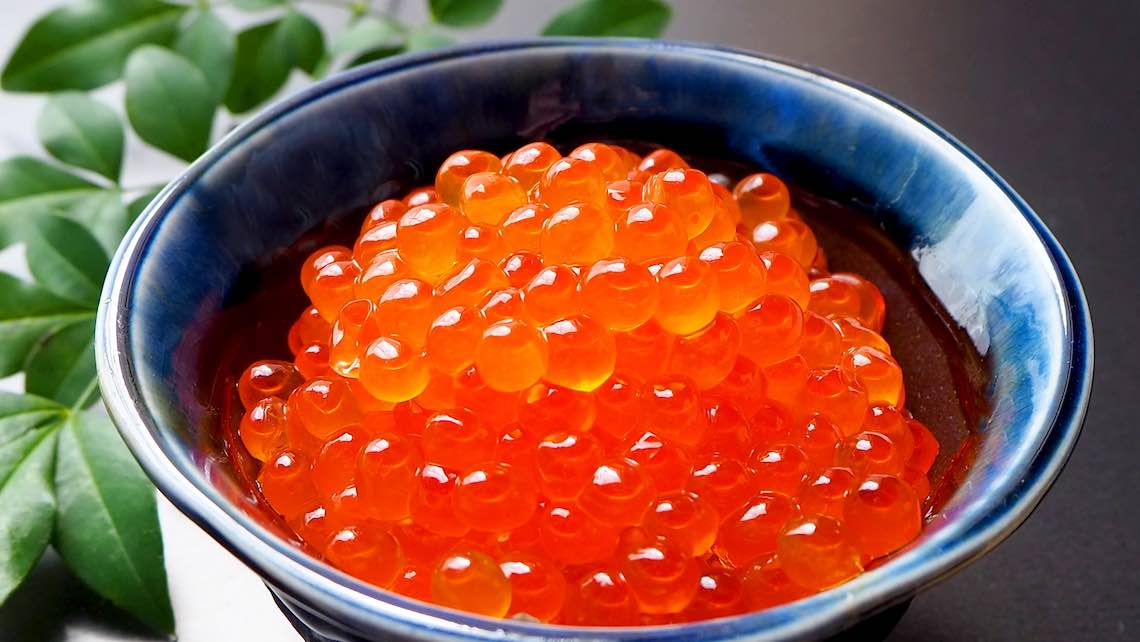Octopus [Tako]
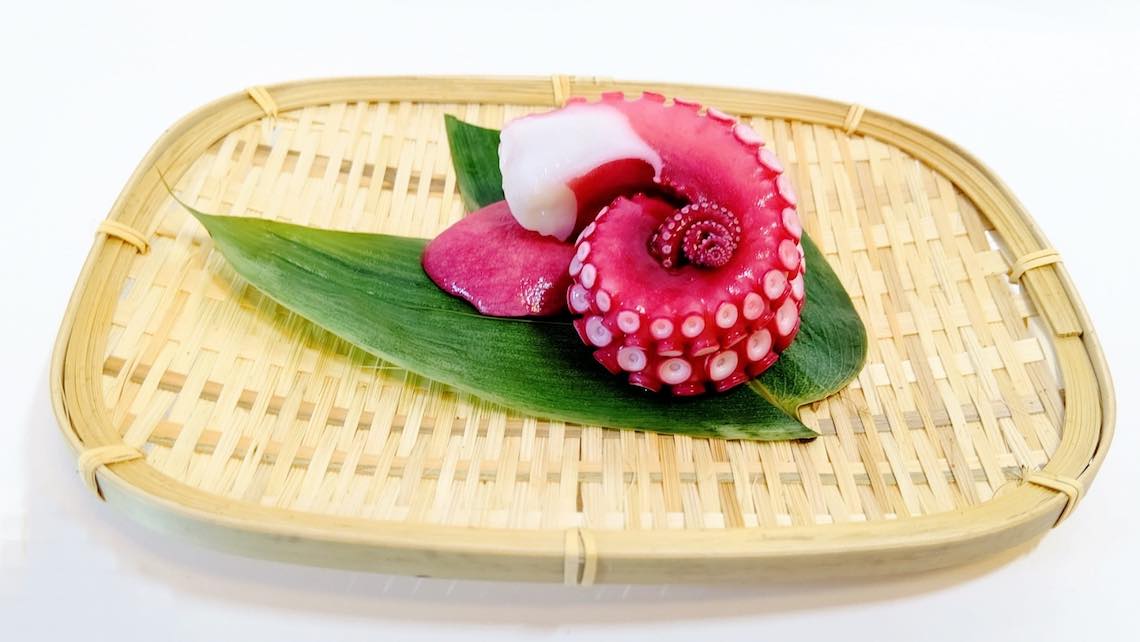
Japanese Name and Pronunciation:

[tako]
The octopus, known as “Tako” in Japanese, holds a significant place in Japanese cuisine. It is a highly sought-after ingredient and widely enjoyed by food enthusiasts across the country. Octopus is valued not only for its tender, mildly sweet flesh but also for the delightful chewy texture it adds to dishes.
In Japan, when we mention “tako,” the most common species is the common octopus, also known as “madako.” However, there are several other popular octopus varieties, such as “mizudako” (North Pacific giant octopus) and “iidako” (Ocellated Octopus). Interestingly, in Hokkaido, the North Pacific giant octopus (mizudako) is more prevalent than the common octopus (madako).
As for the main production regions of madako, they are found in the Seto Inland Sea, Akashi in Hyogo Prefecture, Tokyo Bay, and the Sanriku region. These areas are renowned for their delicious madako catches. On the other hand, mizudako, the world’s largest octopus with a maximum length of 3 meters, is primarily caught in Hokkaido, adding to its fame as a remarkable species. Both madako and mizudako hold essential roles in Japanese cuisine, contributing to a variety of delightful dishes.
Tako has different peak seasons depending on the region, making it challenging to generalize. Mizudako (North Pacific giant octopus) is often considered to be in season during the summer, while madako (common octopus) is said to be at its peak during the winter. However, each species has its own specific season, so it is safe to say that octopus has seasons throughout the year.
In Japanese cuisine, octopus finds its way into numerous dishes, such as Takoyaki, a popular street food made from batter and diced octopus, often topped with savory sauce and bonito flakes. Sushi and sashimi lovers can also enjoy octopus in various forms, either as nigiri (sliced octopus on rice) or as sashimi (thinly sliced raw octopus). Additionally, octopus is used in stews, hotpots, and salads, showcasing its versatility in different culinary applications.
Many countries might not be very familiar with eating octopus, but if you come to Japan, I strongly encourage you to try it.
![Octopus Sushi [Tako]](https://itadakimasu-japan.com/wp-content/uploads/2023/07/tako_sushi-320x180.jpg)

